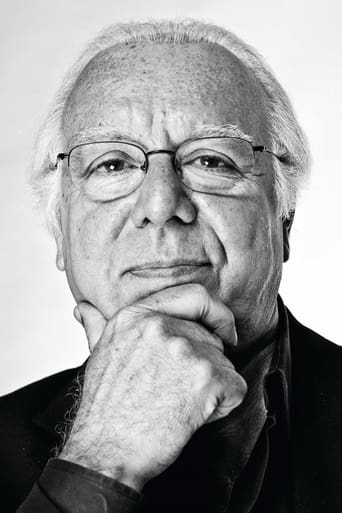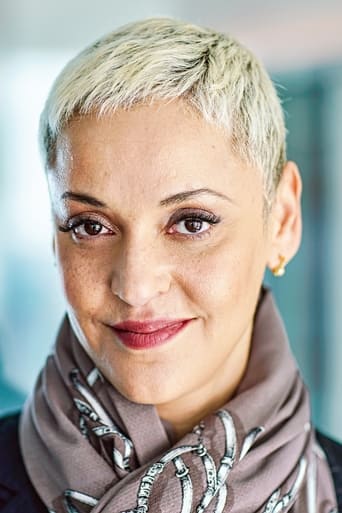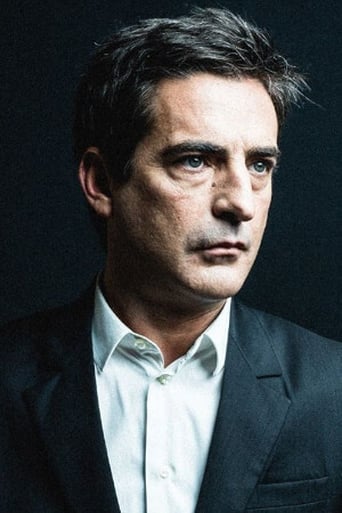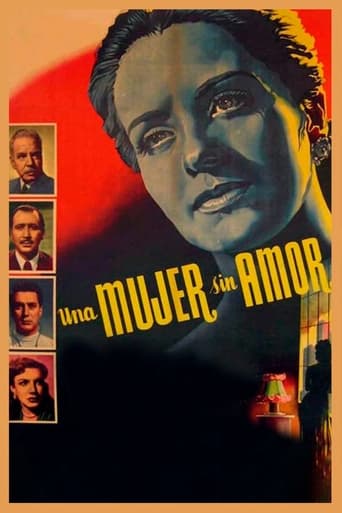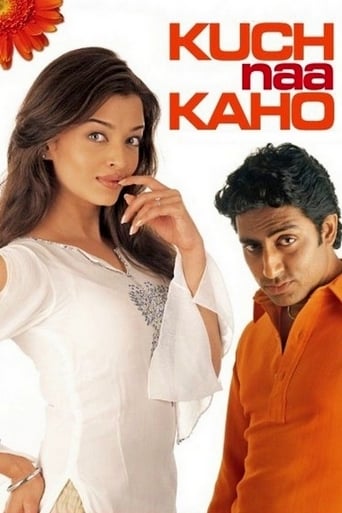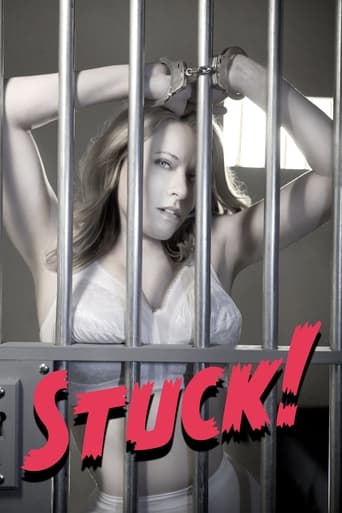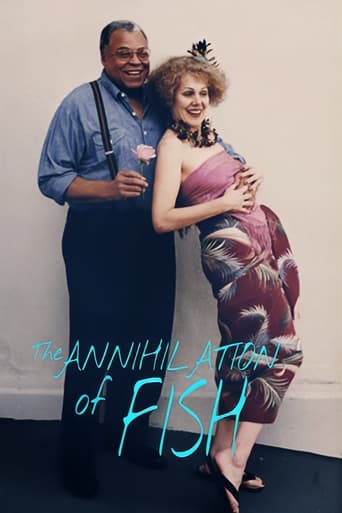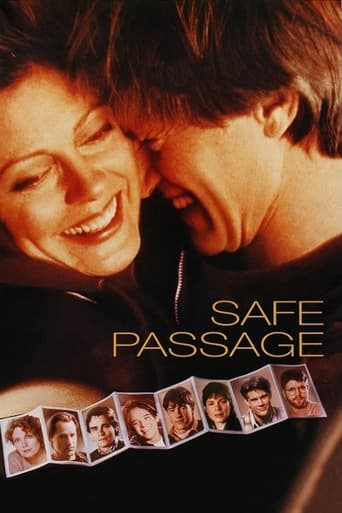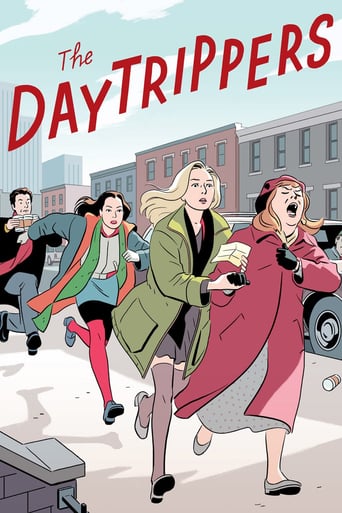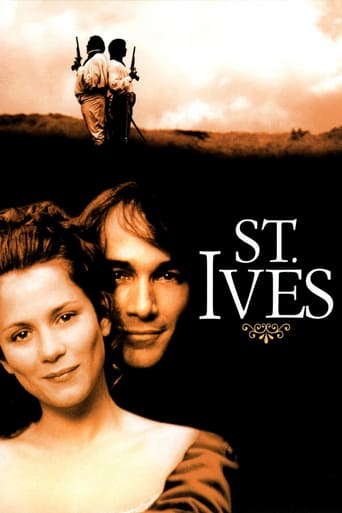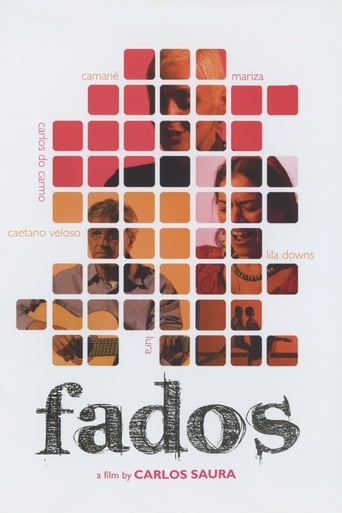
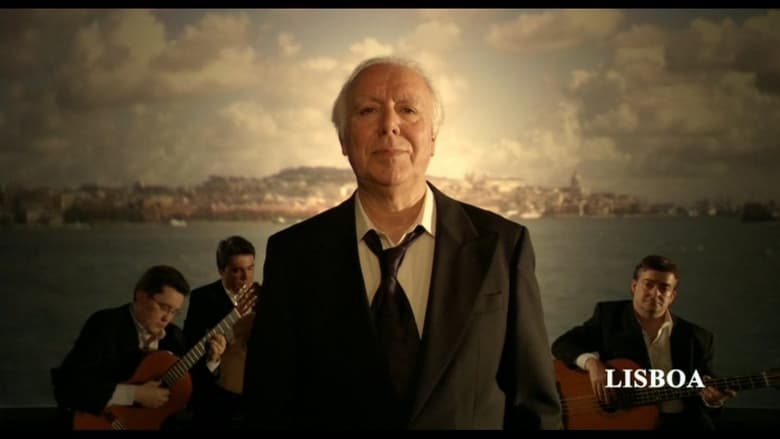
Fados (2007)
A series of musical performances showcasing the diverse facets of fado, a musical genre from Lisbon.
Watch Trailer
Cast


Similar titles
Reviews
At first rather annoying in its heavy emphasis on reenactments, this movie ultimately proves fascinating, simply because the complicated, highly dramatic tale it tells still almost defies belief.
Let me be very fair here, this is not the best movie in my opinion. But, this movie is fun, it has purpose and is very enjoyable to watch.
The acting in this movie is really good.
The movie's neither hopeful in contrived ways, nor hopeless in different contrived ways. Somehow it manages to be wonderful
I love the fado, and I've spent many hours sitting in Portuguese fado clubs or listening to fado CD's. Fado is a subject waiting for a great documentary. This isn't it. Saura has no feel for the fado. Because of this, he brings in extraneous music, "fado rap," "fado flamenco," and strange dance routines. (Fado is for listening. It's not dance music.) He shows us very little actual fado. For example, the greatest fadista, Amalia Rodrigues, is portrayed working on a fado with a pianist. We never hear her perform a fado!I don't know of a great fado DVD. I wish I knew one that I could recommend. I do know that this film isn't great, and it isn't even good. Avoid it!P.S. Another reviewer got it just right. "Has Saura ever been to Lisbon?"
this film is insulting. Fado is amazing music to be savored with a glass of wine or beer in a casa de fado or bar, it is not ballet or modern dance music. Saura had to extend his flamenco ideas (flamenco can be music and dance) to fado which apparently he doesn't understand and underestimates. It is just ridiculous having lovely svelte bodies twirling around with this music, some of which, in fact, is poorly chosen. Sorry, I love Chico and Caetano, but really, in a fado film? Give me a break. I've been to fado joints up and down the length of Portugal and 90 minutes in any single one of those was better than this nearly insufferable travesty. Also, in the version I watched, the song titles were displayed, but not the artists' names. Huh? Too bad he couldn't have thought this through a bit better. Has Saura ever been to Lisbon??????
Okay, can I announce that there is music and dance in this film? Does this constitute a spoiler? Just kidding.Seriously, though, I was really disappointed with this film. I love almost all kinds of music and this music is now among those I like. Those with ears more trained to the distinctions between this Portuguese music and, say, Brazilian music can say more about it than I. However, there are certainly aspects to Fado that resemble Brazilian music.Be that as it may, Fado, to my understanding, is not dance music, per se. On the other hand, the director, for who knows what reason, chose to greatly enhance the film experience with often cluttered visuals and dance that sometimes doesn't seem to fit the music. What I wanted to see was either a live concert film, like "Buena Vista Social Club", which showcases the musicians and also told about the musicians' stories, or a film like "Calle 54", a concert film simply done on a soundstage with no audience. Either way, those films focus on the musicians performing the music."Fado" is so visually busy, you get the sense that either the director didn't trust his audience to merely sit through a concert film so he enhanced it with visual pizazz, or he felt like doing an exercise in showing off visual style as a director (the way it sometimes feels Tarentino does). Other than a few exceptions, the musicians and the music are not the stars here (but they should be!). What we have are, instead, set pieces comprised of music and dancing and sets and colors and camera tricks. Hey, let's put on a SHOW!!! There was so much going on, with no microphones in sight, I thought I was watching singers lip synching.The music is lovely, sometimes exciting and the performers seem to be passionate about what they're performing. Their efforts, however, are so often conflicting with the director's vision, or just drowned out.Remember how tacky those musical numbers used to be at the Academy Awards years ago? You could have a singer like Shirley Bassey mesmerizing us with her vocal of "Diamonds Are Forever", but behind her would be busy Busby Berkeley choreography performed by 50 tuxedoed men and 100 scantily clad women, not really doing anything all that pointed regarding the lyric she was singing. Just complete idiotic distraction. Well, that's how a lot of this film felt to me. As Simon on American Idol would say, "Sorry." Could someone do a film of this music before a live audience and serve THAT up to us? I'll be anxiously awaiting.
«I sat in a theatre listening to the music coming out of the big speakers: the latest from Brazil. The film I was coming to see was "FADOS" by Spanish auteur Carlos Saura. I thought fado was from Portugal - I was confused,» said another IMDb user.I can only sympathize. Film Author (and that's more than Director to you) Carlos Saura decided, because no one had done so for 30 years, to document Fado, the Portuguese national song of passion, sorrow, and remembrance that come so well in almost impossible to translate word, saudade, that seems to be the deepest in us, the Portuguese.But this is his artistic vision of it, ands he warns in the opening credits of the film that he is not going to present the «classic» fado, but he will attempt to describe it's 150 years old roots that go deep in the miscegenation of native European Portuguese and the local cultures of the peoples that were once our colonies, Brazil, Cabo Verde, Angola and also the «modern» and stylized ways Fado has taken through the voices who people who loved it, but innovated deeply in the way to sing it. Amalia Rodrigues was the first, changing the popular words of fado songs for poems written by great poets, those of centuries ago (like Camoens) and some contemporaneous. The stylized Fado of Coimbra was quickly accepted, though usually restricted to the cultured Portuguese, as it emerged from the groups of college students from that town. Carlos do Carmo, who now passes for a «classic», with his respectable 70-y-o look, was indeed a revolutionary who dared (protected by his mother, herself one of the best Fado singers ever, Lucilia do Carmo) to sing Fado as a song, upsetting the traditional rhythm and pose of Fado singers. Some audiences went riotous at first and then acceptance came. There were others, and now the new born queen (a princess yet), Mariza, sings Fado in a totally different way again, HER way, and it is not so much her African origin that does it, I think, but her voice, and her soul. I do not think she is a beautiful girl, though many will throw bricks at me for saying so, but I am deeply touched by her passionate voice, and her attitude; there is no doubt that she has the same Fado culture, and love, as Amalia, and Lucilia, because when she sings she transfigures herself. You'll notice all this, and more, viewing the film.«Casa de Fado» is the only sketch in which you'll have a peek of the «real thing» as it happened in Portuguese «tabernas» (taverns, where the poorest of a poor people talked, drank, and tried to survive the sorrows of life and love together by singing them out). Through out the film, for the disappointment of the unprepared viewer who expects to watch and hear the purest of classic Fado, Carlos Saura uses multimedia to mix, on stage and on screen, several art forms with modern ballet and African folk dances on top, all connected to the Portuguese song. I do not like rap dance, but you must know that many African and Portuguese youths do, and there are many who wanted to show their respect for the African roots of Fado.I was also shocked at first, when I viewed the film last night. But then I thought it over, and this morning I decided to leave here this warning. Please watch the film once, and let yourself go with the tunes, and the mood of poetic passion that Saura builds so well. Enjoy the great guitar players, and try to understand why artists so much apart came together in this film project That's another beauty of the thing, Fado and Portuguese: both are able to integrate different peoples, and different cultures, all unique, and all the same! A footnote: someone praised «the fight superstar Mariza has with the Spanish singer in MEU FADO MEU - probably the only emotional moment in the film » The choreographed fight in the film is played by two solo Spanish dancers, underlining very well the words of that particular song. I don't think that one was sang by Mariza, but Mariza is much better looking than the frail dancer in that scene.A plea: I beg with film producers of the world to put this in a DVD with the short documentary by António da Cunha Telles, Fado (1970). I saw it 37 years ago, and the beautiful images and sounds came to me when I was researching our IMDb today. It would be a smashing DVD, contrasting two great film directors, two epochs wide apart, and with the same deep respect and love for an art form.


